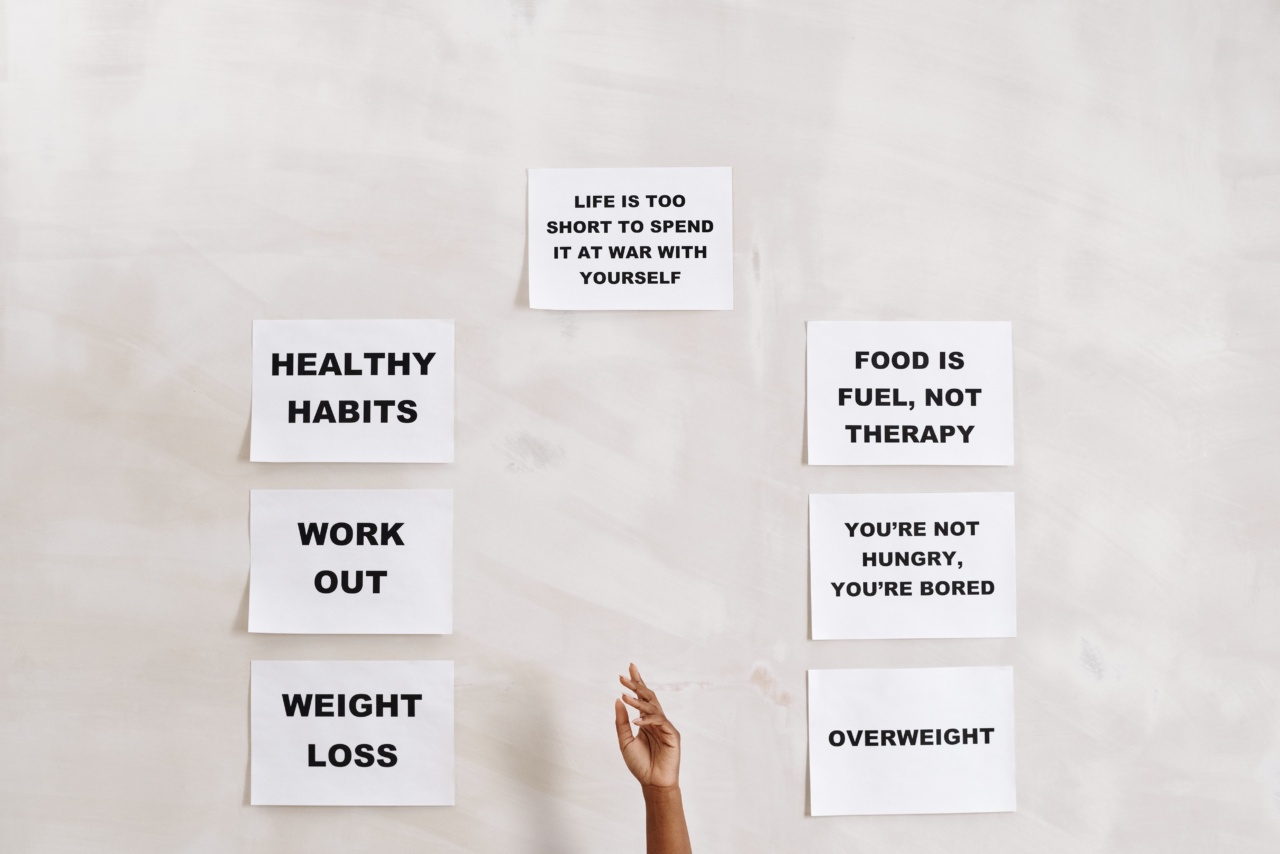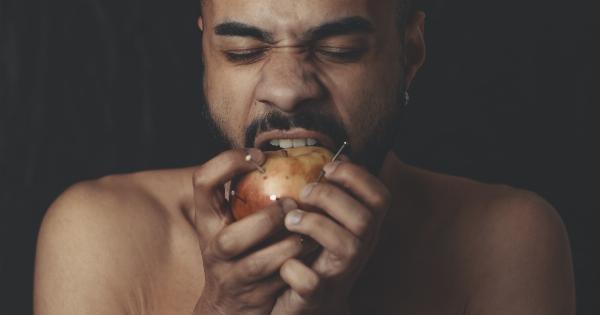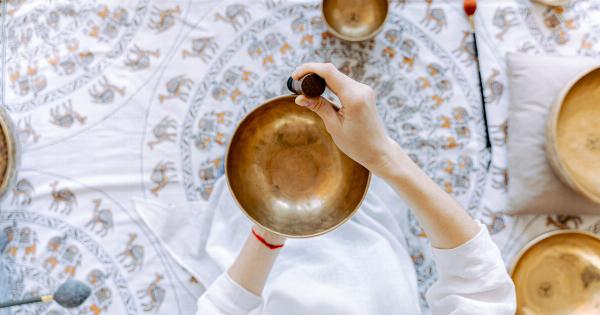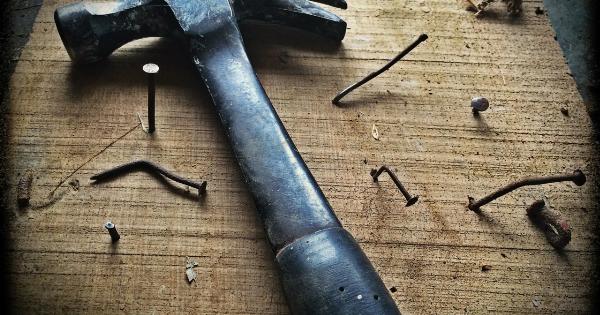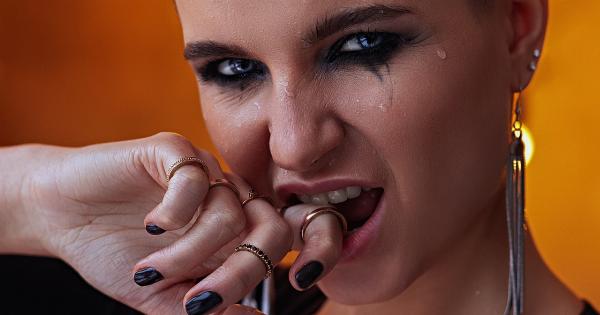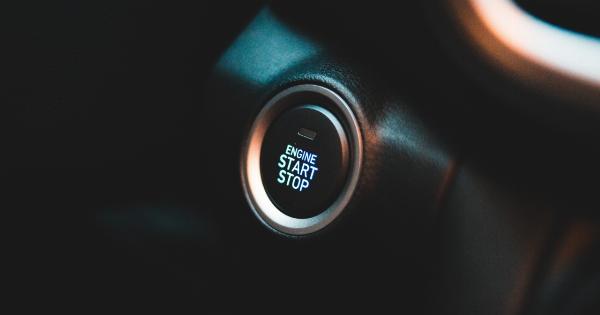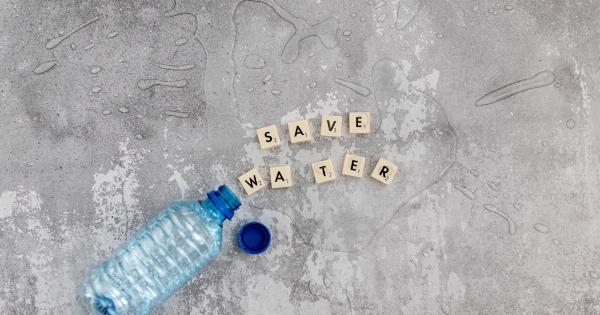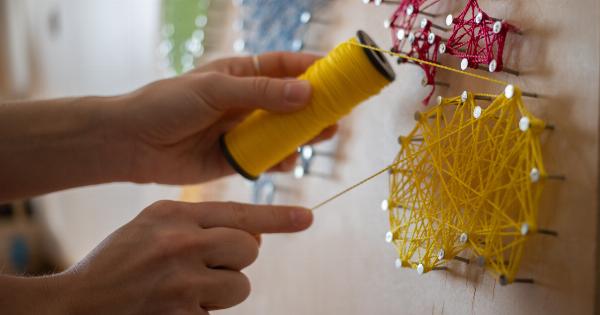If you are someone who bites their nails, then you are not alone. Many people have this habit, which involves biting the nails, cuticles, and surrounding skin. While it may seem like a harmless habit, it can actually be quite damaging.
In this article, we will be discussing the hazards of nail biting and how you can stop this habit.
What are the hazards of nail biting?
Nail biting may seem to be just a temporary habit, but it can lead to several hazards over time. Below are some of the hazards of nail biting:.
: Dental problems
Nail biting can cause dental problems such as chipped, broken, or cracked teeth. It can also lead to a misaligned bite, which can cause pain and discomfort while biting or speaking.
Moreover, individuals who bite their nails are more likely to develop bruxism or teeth grinding, which can cause further damage to the teeth.
: Infections
The nails and surrounding skin are home to germs and bacteria. When you bite your nails, you expose yourself to these germs, which can lead to infections.
The bacteria that are present on the nails can enter the mouth and cause infections in the throat, mouth, and stomach.
: Skin problems
Nail biting can cause skin problems such as ingrown nails, hangnails, and infections around the nails. It can also cause the skin around the nails to become red, swollen, and painful.
Moreover, individuals who bite their nails often have rough and ragged nails, which can catch on clothing and other objects, leading to further skin damage.
: Embarrassment
Individuals who bite their nails often feel embarrassed and self-conscious about their habit. They may avoid activities that require them to expose their hands, such as social events or job interviews.
This can lead to further stress and anxiety, making nail biting a vicious cycle.
How can you stop nail biting?
If you are someone who wants to stop nail biting, then you are in luck. Below are some tips on how you can stop this habit:.
: Identify the triggers
Identify the triggers that cause you to bite your nails. Some common triggers include stress, boredom, and anxiety. Once you identify the triggers, find alternative ways of coping with them.
For example, if stress is a trigger, then find ways to relax such as yoga or meditation.
: Keep your nails short
Keep your nails short so that there is less surface area to bite. Use a nail clipper to keep your nails short and well-manicured. This can help you resist the urge to bite your nails.
: Wear gloves
Wear gloves to cover your hands so that you cannot bite your nails. This can be especially helpful during times of stress or when you are bored.
: Apply bitter nail polish
Apply bitter-tasting nail polish to your nails to deter yourself from biting them. The unpleasant taste can help you break the habit of biting your nails.
: Reward yourself
Reward yourself for not biting your nails. Set goals for yourself, such as one day without biting your nails. When you achieve your goal, reward yourself with something you enjoy, such as a new book or a movie.
Conclusion
In conclusion, nail biting may seem like a harmless habit, but it can lead to several hazards over time. It is important to identify the triggers that cause you to bite your nails and find alternative ways of coping with them.
Keeping your nails short, wearing gloves, applying bitter nail polish, and rewarding yourself can all be effective in breaking the habit of nail biting.
